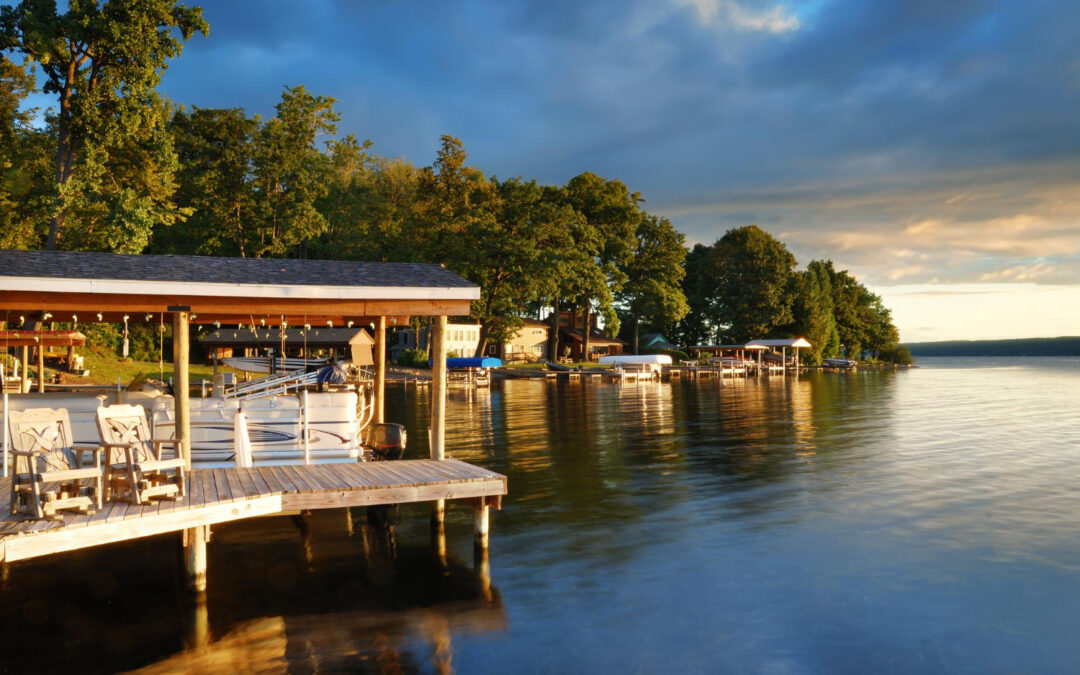For many, one of the main goals of estate planning is avoiding probate. Probate is the legal process that validates a person’s will and ensures the proper distribution of assets after their passing. It can be a time-consuming and expensive process, and can often provoke conflict among families. If you own a vacation home in a separate state—as many do—you may face an additional hurdle known as ancillary probate. Essentially, this means double the trouble and double the reason to organize your assets in a way that saves your family from this trying process. Read on to understand why and how.
Understanding Probate
Probate is the legal procedure that follows a person’s death to authenticate their will and distribute their assets according to their wishes. During this process, the court oversees the payment of debts, taxes, and expenses, and ensures that the remaining assets are distributed to the rightful beneficiaries. Unfortunately, probate can be time-consuming and costly, potentially delaying the transfer of assets to your loved ones.
The Issue of Ancillary Probate
If you own a vacation home in a different state, you may encounter an additional probate process known as ancillary probate. Ancillary probate occurs when a property is located in a state other than the state where the deceased person resided. This means that, even if you have already gone through probate in your primary state of residence, your vacation home may be subjected to a separate probate process in the state where it is located.
Ancillary probate can be even more complex and burdensome than normal probate. It involves hiring local attorneys, paying additional fees, and adhering to the specific laws and procedures of the state where the vacation home is situated. Not only does this add unnecessary complications, but it can also prolong the settlement of your estate and cause frustration for your family.
Protecting Your Family with Proper Estate Planning
To avoid the hassle and expenses of double probate, it is crucial to engage in proactive estate planning. By working with the Estate Planning Law Group of Georgia, you can develop a comprehensive estate plan that addresses the unique challenges posed by your vacation home.
An experienced estate planning attorney will guide you through various strategies to protect your assets and ensure a smooth transfer of ownership. They can help you explore options such as creating a revocable living trust, which allows you to transfer the ownership of your vacation home into the trust during your lifetime. This way, when you pass away, the property can be seamlessly transferred to your beneficiaries without the need for court intervention.
The last thing you want is to burden your loved ones with the complexities of double probate. If you own a vacation home in a separate state, it is vital to take proactive steps to protect your family’s interests and avoid the additional challenges of ancillary probate. By reaching out to the Estate Planning Law Group of Georgia, you can gain the knowledge and support necessary to create a tailored estate plan that eliminates the need for probate altogether. Don’t wait until it’s too late—start planning today and provide your family with the peace of mind they deserve.


Recent Comments